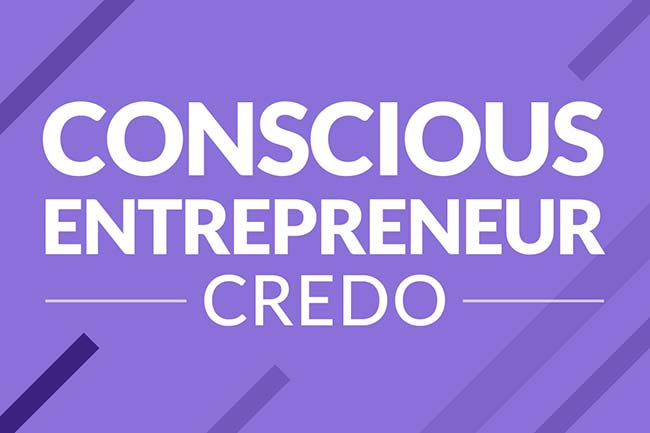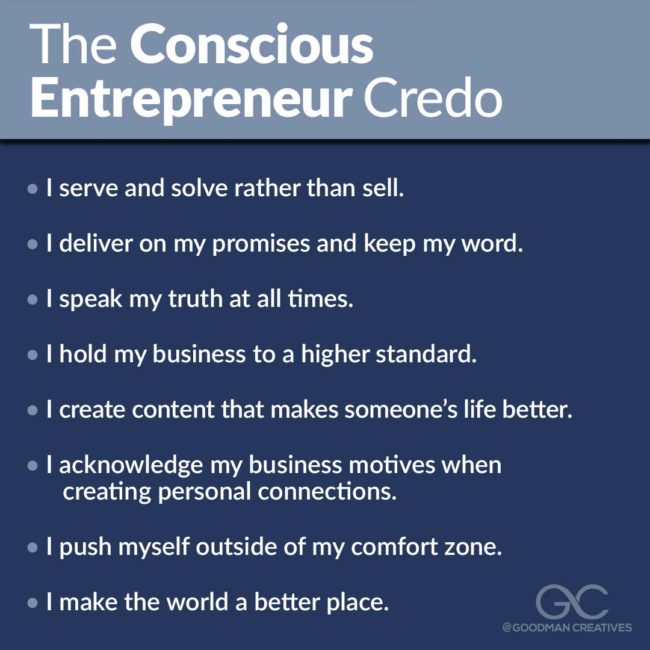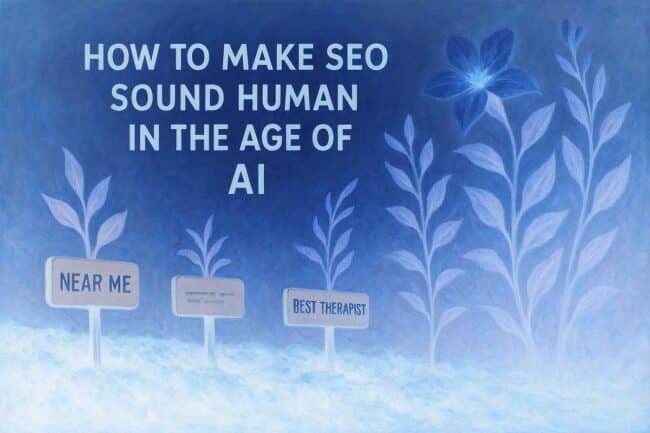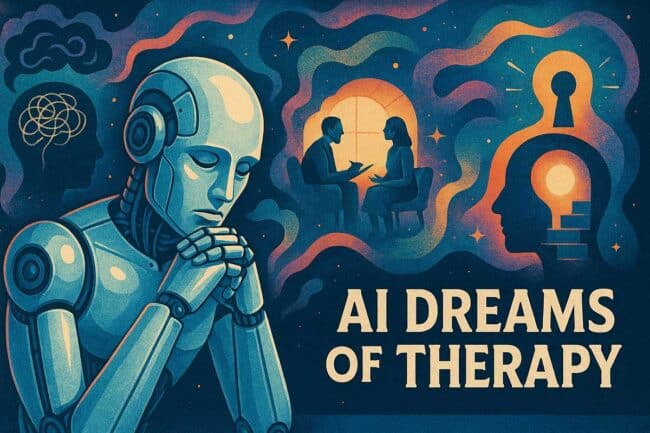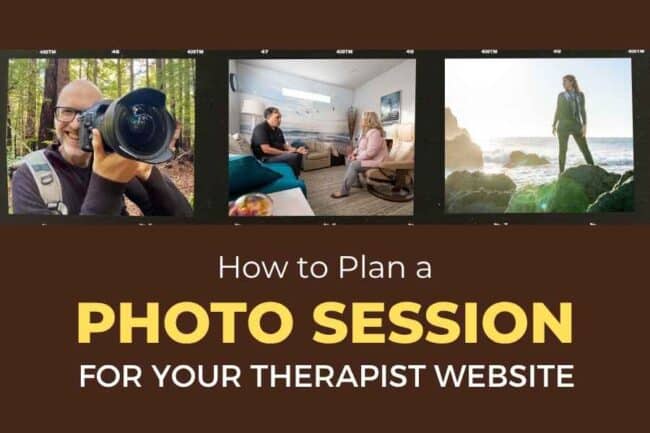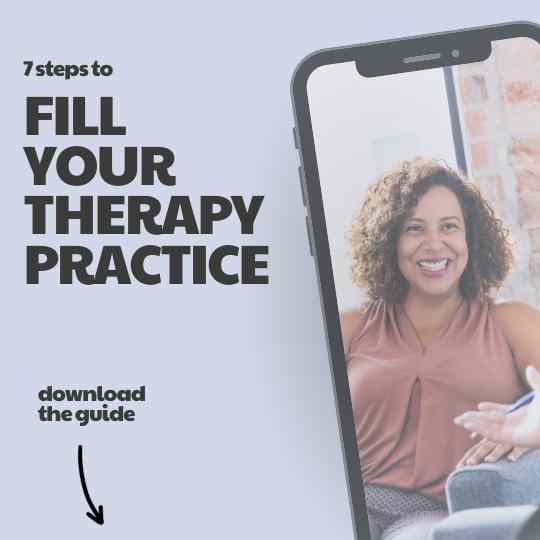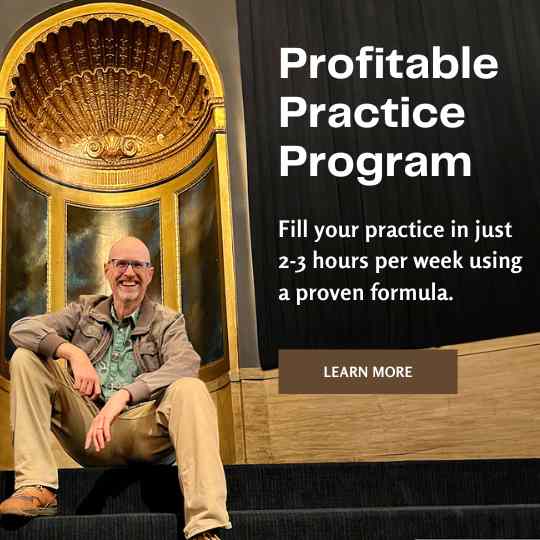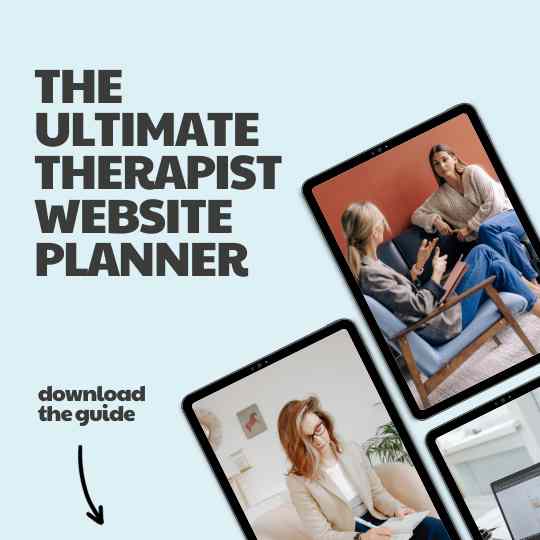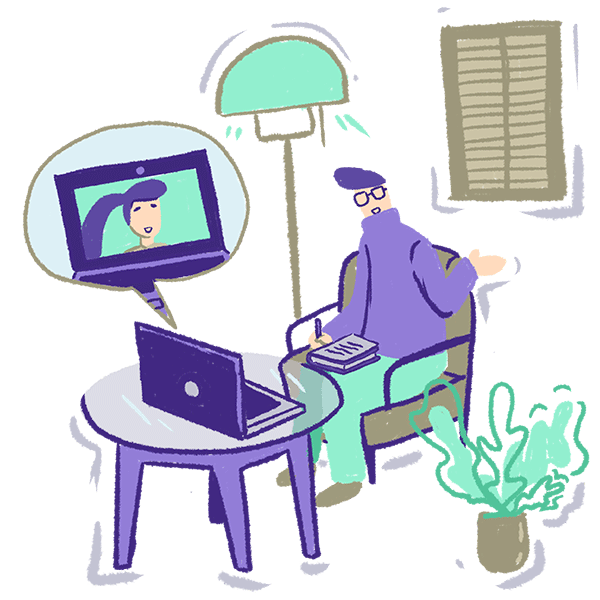If you want someone to become a client, treat them like a human being!
Last week, I had a call with a business coach that I was genuinely excited to talk to.
When the time for our Zoom came, I found myself face-to-face with one of his employees.
NOT the person who had reached out to me.
NOT the person I had a DM conversation (and a connection) with on Facebook.
Instead, it was some stranger who was just following his script.
As he walked me through his questions, I gave him honest answers that weren’t what most people would say.
He didn’t quite know what to do with those answers.
They didn’t fit into his script.
So what did he do?
Any time I said something, he made some cursory remark about “totally getting me,” then jumped into the next question on his list.
At no point did it feel like we were having a conversation.
There was no authentic interaction.
It was like I was talking to a robot who tried to emulate human emotions.
If this had been some one-off experience, I might chalk it up to an inexperienced salesperson. However, this seems to be the norm.
I’ve had so many conversations with people following somebody’s “proven formula.”
Therein lies the problem.
When you just follow a script, you’re not being authentic.
You’re not standing out.
You are not adding value.
You are using human psychology to ask targeted questions that elicit a specific response.
Why?
To judge someone’s viability based on that response.
To decide if they will be profitable.
There needs to be a balance.
How does one qualify leads and not spend too much time on people who will not become paying clients … while still keeping the humanity in sales and prospecting?
How does a business owner foster an authentic relationship when every single person they meet online is a potential lead?
That’s a question I regularly explore as a conscious entrepreneur.
Some ideas that come to mind on how to do this include:
» Empathy
» Reflecting back the persons’ words to them
» Providing value and suggestions because you have ideas to share
» Engaging in a dialogue that doesn’t necessarily promote any agenda or move the conversation along to a desired finishing point.
If you’re good at what you do, you’ll be able to tell if someone is a fit for your business or service while still being an authentic human being.
Anyway, that’s my rant on the call.
And, it brings up an even bigger conversation …
What is a Conscious Entrepreneur?
There’s a fine line between being authentic and self-serving.
As a business owner engaging in any form of marketing (including a website and personal branding), there’s a fine line between being authentic and self-serving.
I believe that a “conscious entrepreneur” dedicates themself to providing value above all else.
We strive to make the world a better place through the content we share.
Yet … how can we say we’re doing this for the good of humanity when a business goal is always lurking around the corner?
How can we ethically tell ourselves that we have noble, selfless goals when money is always out there?
Can our online friendships ever be true?
Is our content coming from an authentic, heart space if there’s a bigger goal?
Are we even consciously aware of how our hidden motives and agendas?
What would I share online if I were not also running a business and trying to bring awareness to my personal brand?
How does the very concept of having a personal brand affect my truth?
Is any of what I share true?
Or, is it all a performance piece?
A Conscious Entrepreneur needs to hold themself accountable.
We must ask ourselves these tough questions … because no one else will.
It’s also critical to allow space for the uncertainty of not having an answer.
Keeping this balance in the back of my mind fuels everything I do online.
It keeps me honest.
It keeps me true.
Because we are here – standing at the edge of something epic.
- A new way of life.
- In a brave new world.
- A global society.
- Connected through 1s and 0s.
- Creating community.
- Reshaping humanity.
But is that a good thing?
Watch this video to learn more …

